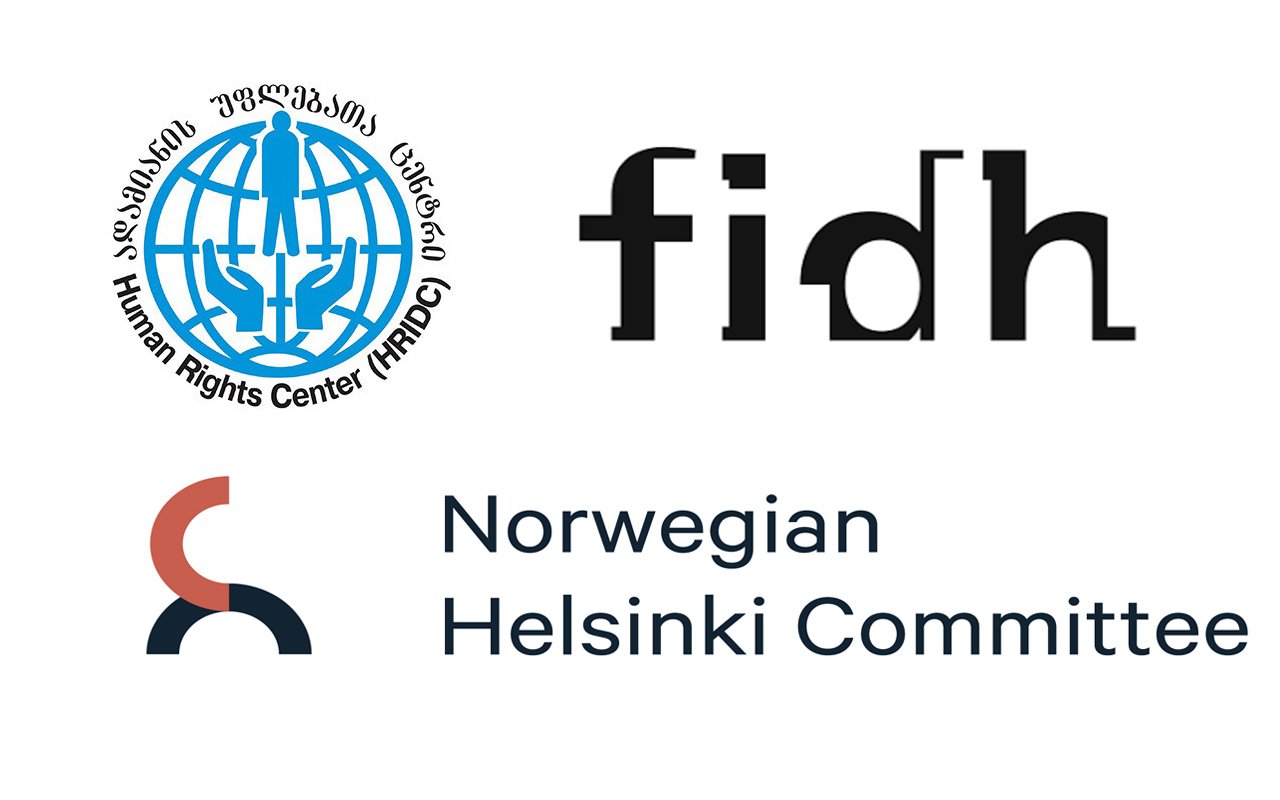Population of Gali and Akhalgori Lack Access to Necessary Health Care Amid the Coronavirus Outbreak
April 6, 2020

Human Rights Center, the International Federation for Human Rights (FIDH) and the Norwegian Helsinki Committee, are alarmed regarding the ongoing situation in two districts of the breakaway regions of Georgia - Gali, Abkhazia and Akhalgori, South Ossetia – in relation to the spread of Covid-19. The severe restrictions of movement and inadequate hospital supplies in and surrounding these districts put the lives and health of local populations at extreme risk.
According to the available information, the hospitals in Akhalgori and Gali have not been provided any medical equipment for addressing cases of coronavirus. In addition, the de facto authorities closed most of the checkpoints connecting these districts to the rest of Georgia – all checkpoints connecting South Ossetia to the rest Georgia have been closed and only one checkpoint is operating between the Gali District and Georgia-controlled territory, with severe restrictions, to which many locals do not have access.
Ethnic Georgians, who represent the majority populations in these districts, frequently use the checkpoints to come to the Georgia-controlled territory in order to receive medical help and other necessary services. Currently, due to the closure of most of the checkpoints, the possibility to receive medical help in the Georgia-controlled territory is restricted.
Indeed, recently, the only checkpoint where patients with symptoms of Covid-19 were allowed to pass from the Gali District – Saberio-Pakhulani - is far away from many villages in the District and is not reachable for the locals. The patients who have been allowed to pass through this checkpoint so far- are inhabitants of the village Saberio – where the checkpoint is located. One patient requiring medical help has not been allowed to pass through this checkpoint and was sent to the hospital in Sokhumi. The reason is unknown. It should be noted that one of the patients who passed through this checkpoint tested positive for COVID-19 and is now undergoing treatment in Georgia-controlled territory. Receiving medical help in the city centers in the respective regions – Sokhumi and Tskhinvali – is also restricted, considering that these cities are far away, not easily accessible and travel to them is costly.
In addition, the de facto authorities in both of the regions have declared a state of emergency and travel is restricted between the districts and the rest of the regions. Thus, the ways for receiving medical help locally, in Georgia-controlled territory or in the city centers in the respective regions, are unduly limited for the local populations of Gali and Akhalgori. The population of Akhalgori and Gali districts are effectively deprived of access to adequate health care facilities amid the deadly outbreak of the novel coronavirus.
According to international human rights law, states and non-state actors are obliged to take necessary steps in order to prevent and counter threats to public health. Specifically, the International Covenant on Economic, Social and Cultural Rights obliges state parties to take effective steps to prevent, treat and control epidemic diseases. Moreover, the right to health includes requirements to ensure the availability and accessibility of public health facilities and services. Accessibility covers different dimensions, including physical accessibility of health care services. Currently, these principles are not met in the breakaway regions in Akhalgori and Gali.
Considering that Abkhazia and South Ossetia are under the effective control of Russia militarily, economically and politically, the Human Rights Center and FIDH call on the Russian Federation and local de facto authorities to:
- Protect the right to health and provide relevant medical services and supplies in the districts of Akhalgori and Gali during the coronavirus outbreak;
- Provide timely and accurate information to people living in Akhalgori and Gali regarding the ways of protection from the novel coronavirus, including in Georgian language for ethnic Georgian population.
To the government of Georgia:
- Use all available means to provide medical help to people living in Gali and Akhalgori districts and information regarding means of protection against coronavirus.
To international governmental and non-governmental organizations:
- Intensify efforts to gain access to South Ossetia and Abkhazia and monitor the existing human rights situation, including by electronic communication with the inhabitants, report on the developments, and provide the necessary humanitarian aid should it become necessary.
Human Rights Center(HRC)
International Federation for Human Rights (FIDH)
Norwegian Helsinki Committee (NHC)
News
December 13, 2023
Ethnic minorities outside the peace dialogue
November 6, 2023
‘Peace’ agenda of political parties
Popular
Articles
February 13, 2024



